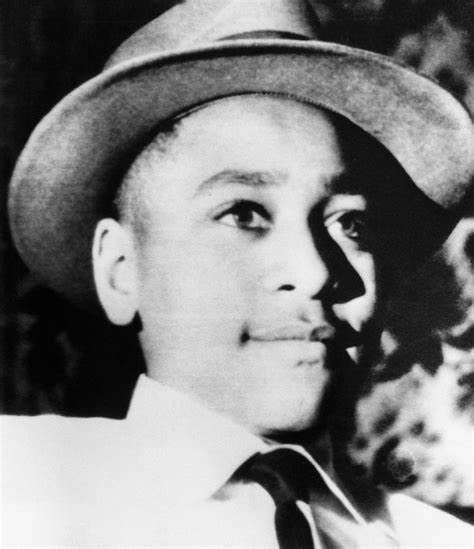

Yesterday, President Joe Biden signed the Emmett Till Antilynching Act, making lynching a federal hate crime after more than a century of failed efforts in Congress to pass similar legislation. The act amends the Matthew Shepard and James Byrd Jr. Hate Crimes Prevention Act that President Barack Obama signed into law in 2009.
The Emmett Till Antilynching Act defines lynching as any conspired bias-motivated offense which results in death or serious bodily injury. Specifically, the bill imposes criminal penalties—a fine, a prison term of up to 30 years, or both—on an individual who conspires to commit a hate crime offense that results in death or serious bodily injury or that includes kidnapping or an attempt to kidnap, aggravated sexual abuse or an attempt to commit aggravated sexual abuse, or an attempt to kill.
“The Emmett Till Antilynching Act is significant because it formally acknowledges that lynching Black people was a systematic way to terrorize African Americans across the country,” said Ron Busby., USBC President & CEO “This legislation brings us closer to recognizing that justice and equality are essential to every American’s right to life, liberty, and the pursuit of happiness.”
The Emmett Till Antilynching Act, named after Emmett Till, the 14-year-old who was brutally murdered for allegedly whistling at a white woman, is meant to acknowledge historical wrongs against racial justice and to promote healing and racial reconciliation.
The historic law has been over 100 years in the making since 1900 when George Henry White, the son of a slave and a North Carolina Representative first introduced legislation to make lynching a federal crime. George Henry White was the only Black lawmaker in Congress at the time. For decades, federal antilynching legislation had been introduced but failed to become law as Congress was unable to reach a consensus on how such acts should be prosecuted.
“The Emmett Till Antilynching Act is a critical step in addressing the atrocities that have plagued this nation since its founding,” said Ron Busby, USBC President & CEO. “While lynching is often thought of as something that happened in the distant past, African Americans are still being killed at the hands of police officers and other violent acts. It’s important that we not only acknowledge the atrocities of our past but also recognize that we have a lot of work to do to address injustice today.”
USBC celebrates the passage of this bill and calls for the nation to remember the countless victims of lynching who were mostly African Americans. Their lives mattered then, their lives matter now, and we must never forget their sacrifices as we continue to move forward together as a country
